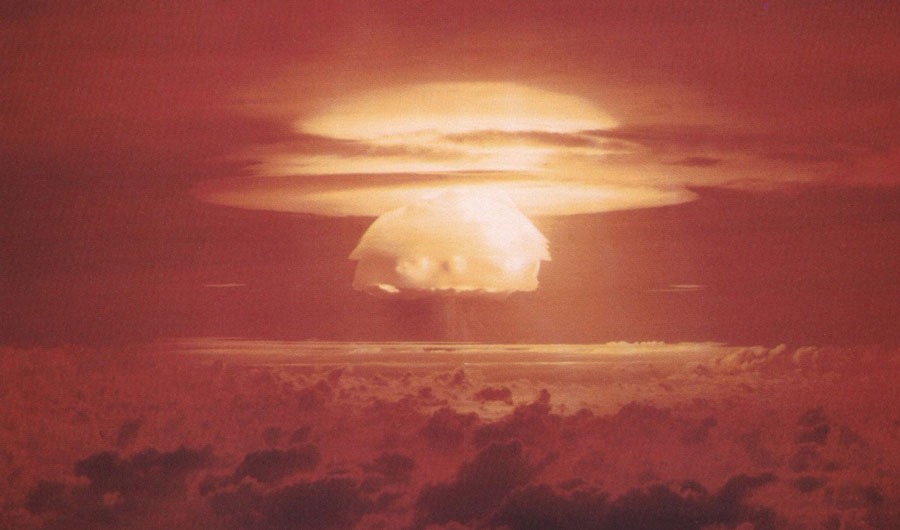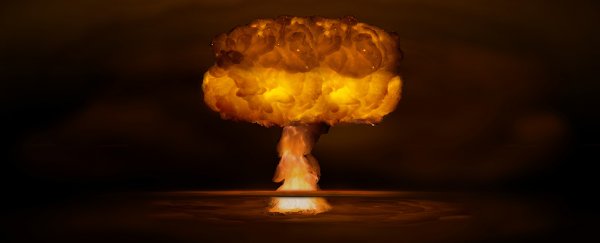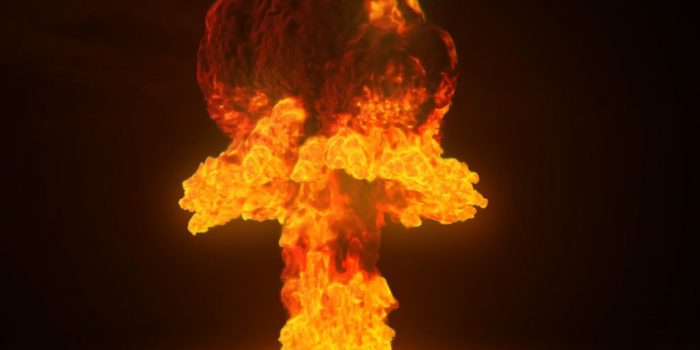We have always heard how nuclear war can create devastating scenarios for the world we know today. However, the exact intensity and magnitude of it were not known until now. A new study was conducted that revealed the impact of the smoke from the fall-out of a nuclear conflict on our atmosphere.
Detailed models were used to make the predictions and calculations. It takes into account all the complex chemical reactions that would happen in the stratosphere, one of the lower levels of Earth’s atmosphere.
The results of this new study show more severe and prevailing consequences of the war than what the previous studies showed. This includes the damage from the initial heating effect of nuclear explosions along with the subsequent ozone layer loss.

“Although we suspected that ozone would be destroyed after nuclear war and that would result in enhanced ultraviolet light at the Earth’s surface, if there was too much smoke, it would block out the ultraviolet light,” says climate scientist Alan Robock, from Rutgers University in New Jersey.
“Now, for the first time, we have calculated how this would work and quantified how it would depend on the amount of smoke.”
Both regional and global wars were taken into account with 5 megatons and 150 megatons of soot released respectively. A global war would leave an average ozone layer loss of 75 percent over the course of 15 years, the researchers found, with a regional war resulting in a 25 percent ozone layer loss over a period of 12 years.
Both the initial blast, through chemical reactions with nitrogen oxides, and the smoke itself through heating and reduction of photochemistry which interfere with natural atmospheric interactions, would lead to the loss of ozone.
Variations in the UV light are connected to cancer, agriculture processes, and the survival of entire ecosystems.
“Conditions would switch dramatically, and adaptations that may work at first won’t help as temperatures warm back up and UV radiation increases,” says atmospheric scientist Charles Bardeen, from the National Center for Atmospheric Research (NCAR) in Colorado.

“Just as the smoke is clearing up, you would get this blast of UV with completely different impacts on human health and agriculture.”
Over the course of time, countries such as India and Pakistan have apparently acquired more weapons and more powerful weapons, while for the US and Russia, the trend is the opposite.
“In addition to all the fatalities that would happen almost immediately, the climate effects and the UV effects would be widespread,” says Bardeen.
“These aren’t local to where the war occurs. They’re global, so they would affect all of us.”
The research has been published in Journal of Geophysical Research:.


